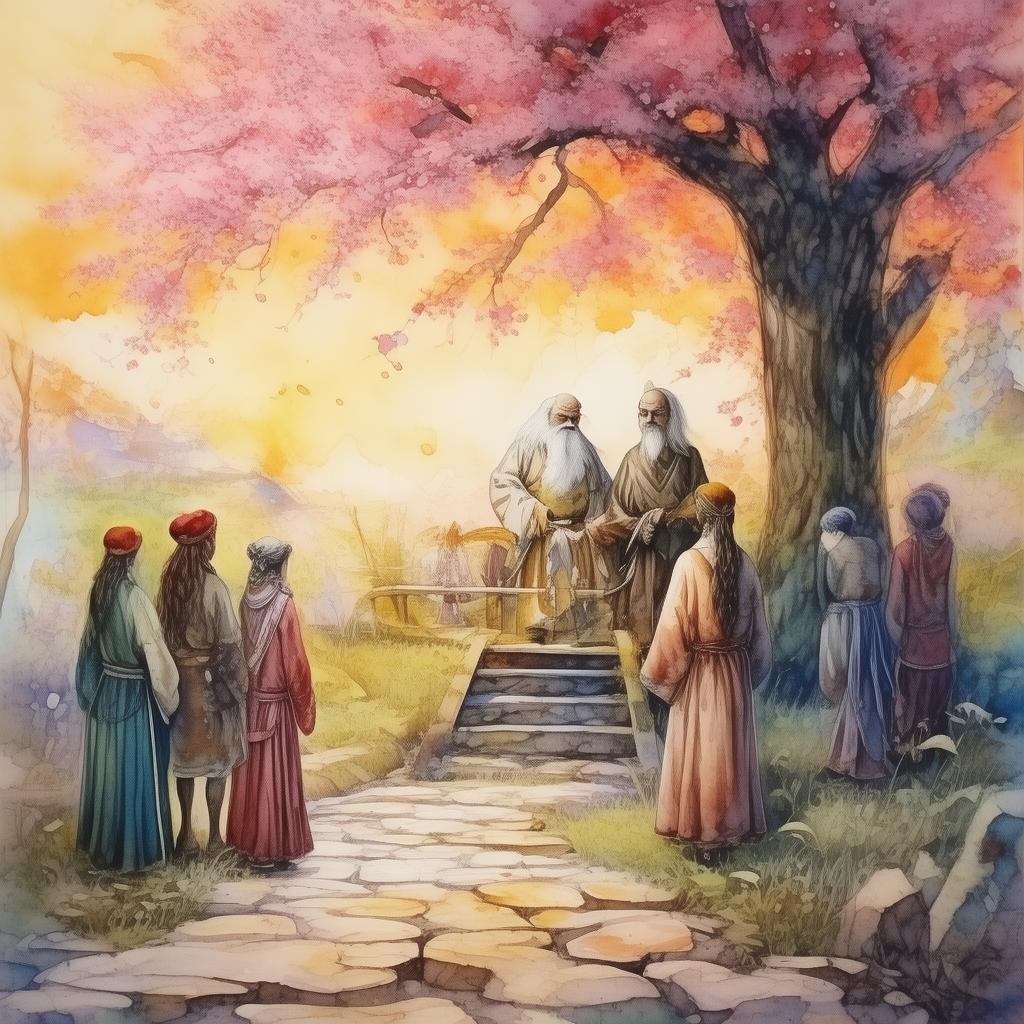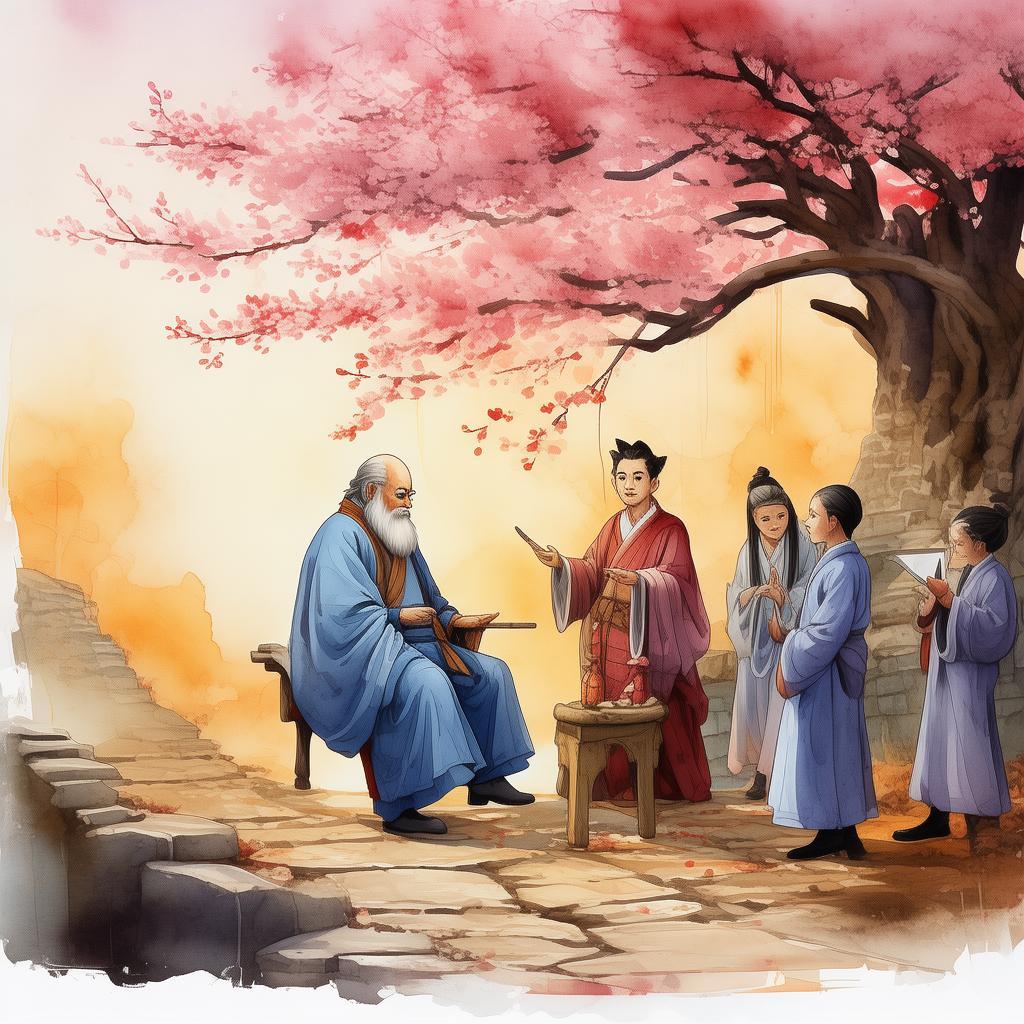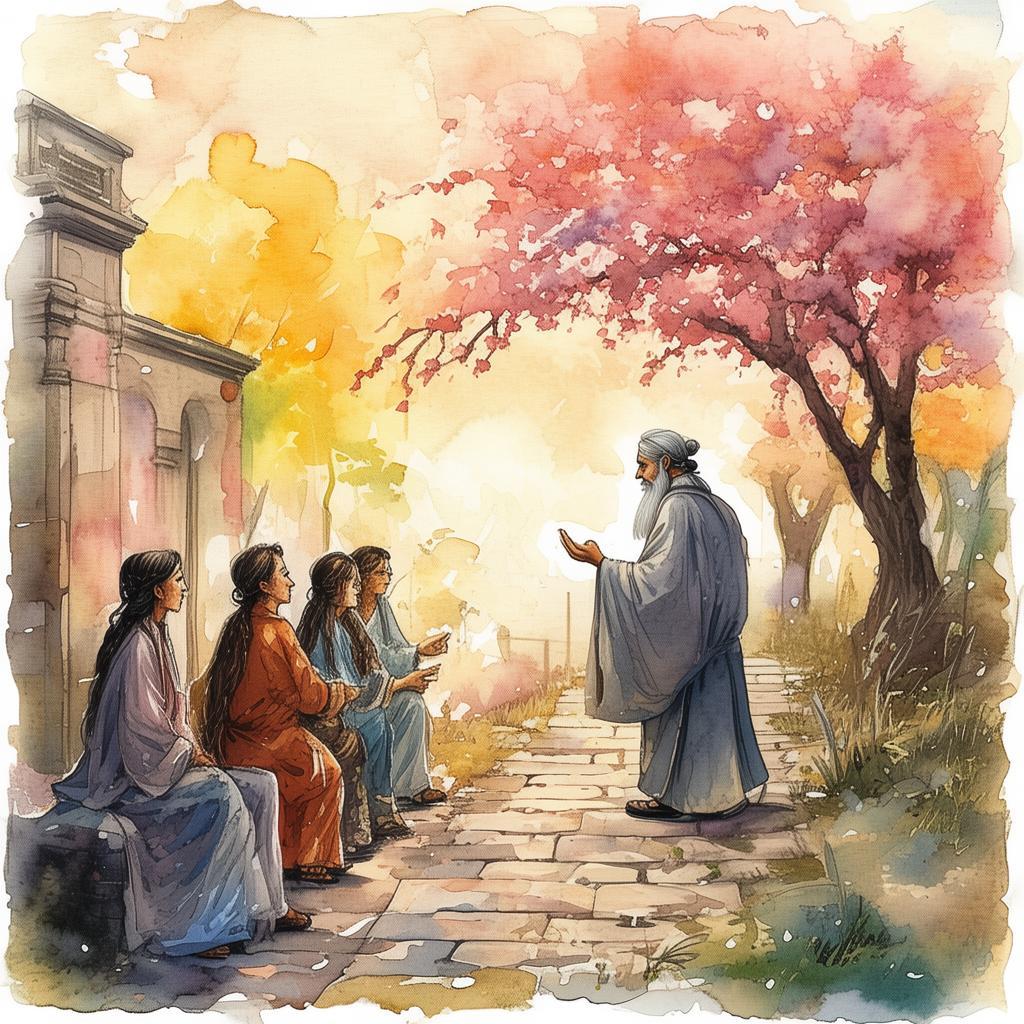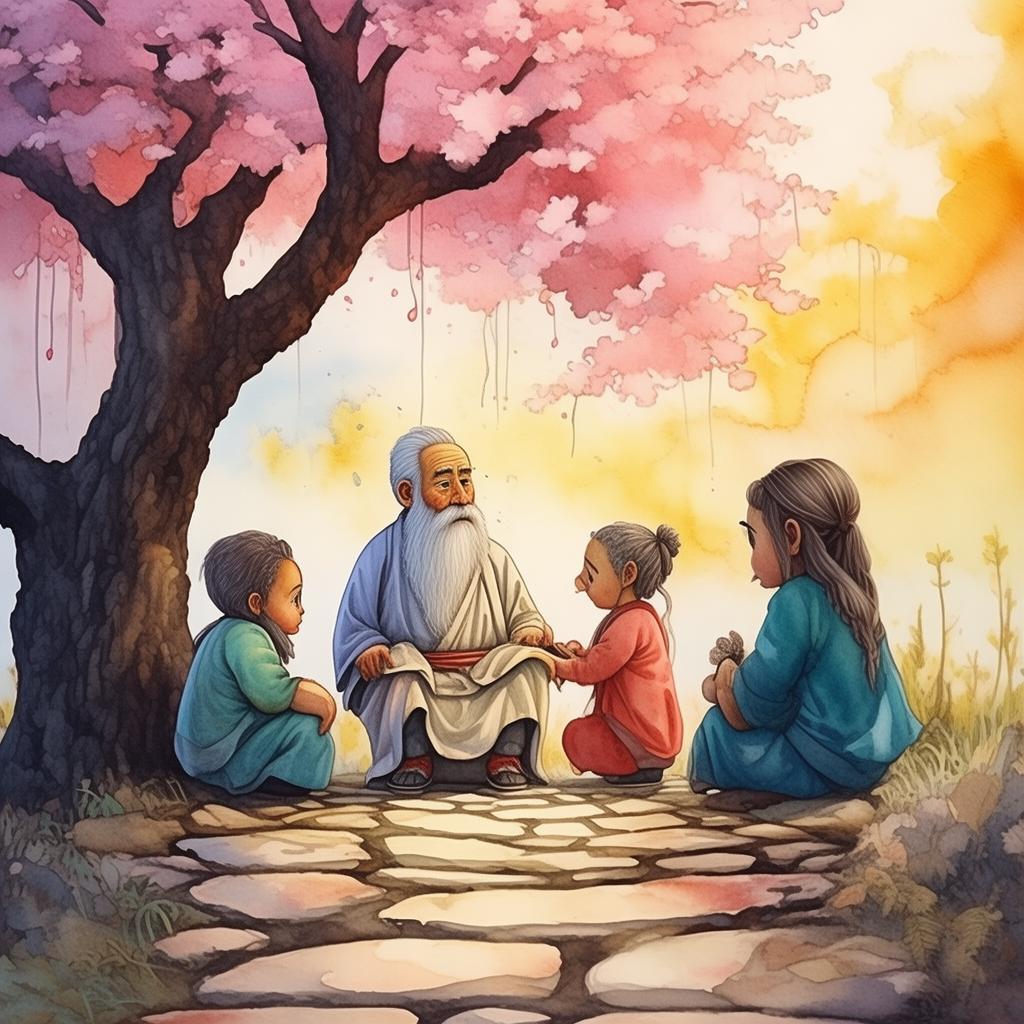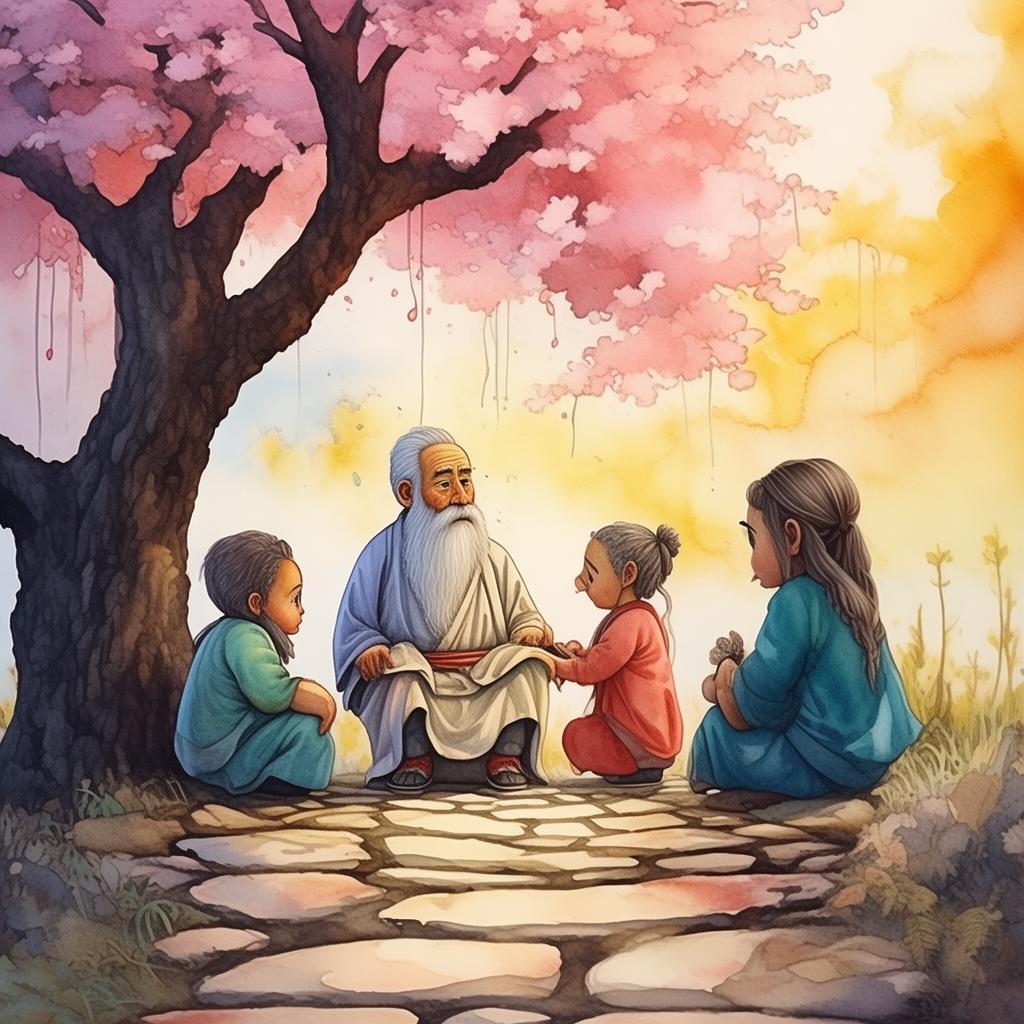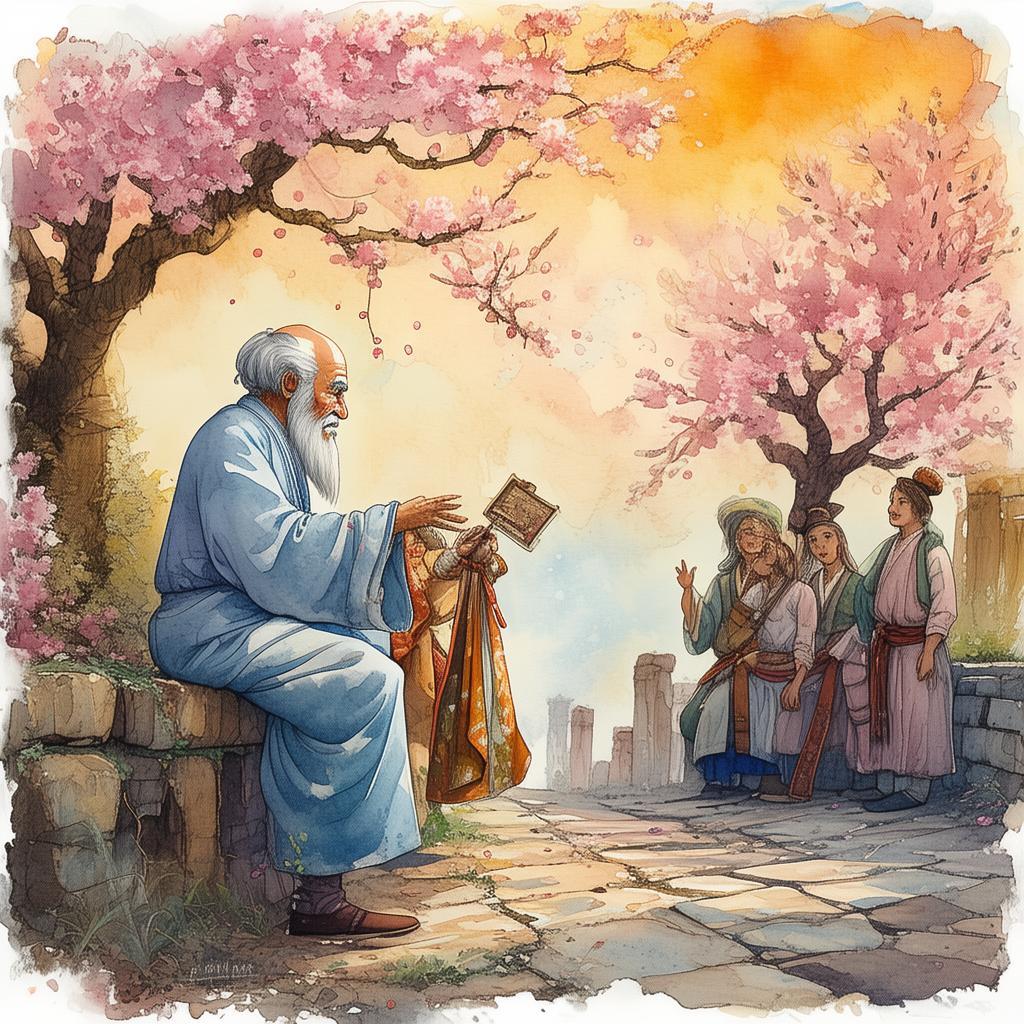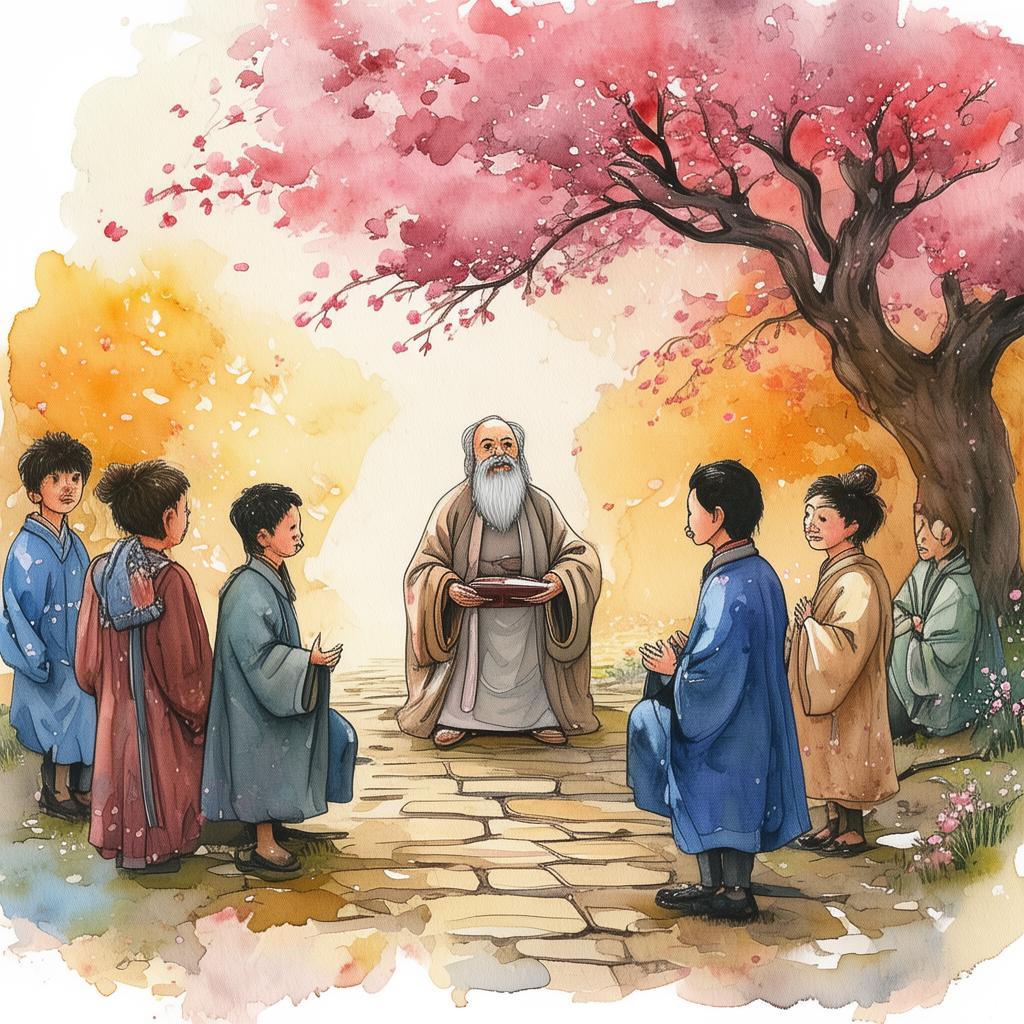The Vanishing Pinyin: A Tale of Silent Sorrow
Once upon a time, in the bustling heart of a vibrant city, there lived a language known as Pinyin. Pinyin was not just a system of phonetic writing; it was a beacon of hope, a bridge that connected the spoken words of the people to the written page. Its simplicity and universality made it a favorite among students, educators, and linguists alike.
The story begins in a small, sunlit classroom where a young teacher, Miss Li, stands before her students, her voice echoing with passion. "Today, we will learn how to pronounce 'ni hao' correctly," she says, writing the characters on the blackboard. "It means 'hello' in Pinyin, and it's the first step to understanding this beautiful language."
The children giggle and repeat the phrase, their voices filling the room with a sense of joy and discovery. Little did they know, this was the last time Pinyin would be celebrated in this manner.
As the days passed, whispers began to spread like wildfire through the city. People noticed that Pinyin was disappearing from dictionaries, from textbooks, and even from the minds of the young. It was as if the language itself had been erased from existence, leaving behind a trail of confusion and sorrow.
In the heart of the city, an elderly man named Mr. Wang sat in his dimly lit study, his eyes scanning the pages of an old Pinyin dictionary. His hands trembled as he read the introduction, "Pinyin is a phonetic alphabet for Chinese... it was designed to make the language more accessible to the world."
A tear rolled down his cheek as he realized that the world was indeed losing something precious. Mr. Wang decided to act. He began to visit schools, libraries, and community centers, sharing his love for Pinyin with anyone who would listen. But his efforts seemed to fall on deaf ears. The language was fading away, and no one seemed to care.
One evening, as Mr. Wang walked home, he stumbled upon a group of young people gathered in a park. They were laughing and chatting, their voices carrying through the air like a melody. Among them was a young woman named Mei, who noticed Mr. Wang's solemn expression.
"Excuse me, sir," she said, "do you know why Pinyin is disappearing?"
Mr. Wang sighed, "It's a tragic tale of silent sorrow. The world is losing its connection to this beautiful language."
Mei's eyes widened in surprise. "But why? It's such a simple and useful system."
Mr. Wang looked at her with hope. "I think you can help. If you can inspire others to care, perhaps we can save Pinyin."
Mei nodded, her heart filled with determination. She started a campaign on social media, sharing stories of Pinyin and its impact on her life. The response was overwhelming. People from all over the world began to share their own experiences, and the campaign quickly went viral.
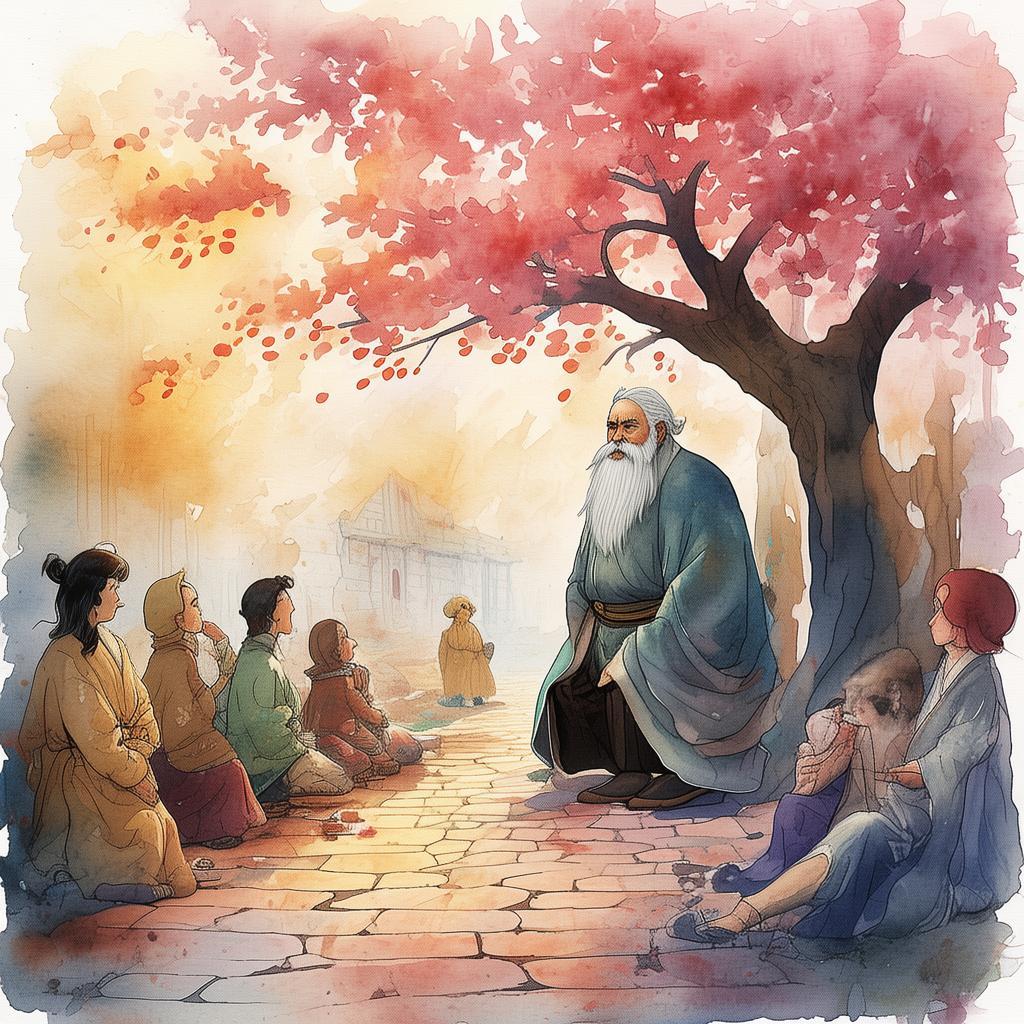
In the classroom, Miss Li stood before her students once more. "Today, we will learn about the power of language," she said, her voice filled with emotion. "We will learn about Pinyin, a language that connected us to the world."
The children listened intently as she shared the story of Mr. Wang and Mei. They learned about the importance of preserving language and the beauty of unity. As they left the classroom, they whispered the words "ni hao" to each other, their voices a testament to the resilience of Pinyin.
Back in Mr. Wang's study, he opened the dictionary once more, his eyes scanning the pages. He smiled, knowing that the language he loved had been saved, at least for now.
The story of Pinyin's vanishing serves as a reminder of the power of language and the importance of preserving our cultural heritage. It is a tale of silent sorrow, but also a story of hope and unity.
In the end, the language did not vanish. It remained, a silent guardian of memories and a bridge between the spoken and the written word. And as long as people remembered its beauty, Pinyin would never truly be gone.
✨ Original Statement ✨
All articles published on this website (including but not limited to text, images, videos, and other content) are original or authorized for reposting and are protected by relevant laws. Without the explicit written permission of this website, no individual or organization may copy, modify, repost, or use the content for commercial purposes.
If you need to quote or cooperate, please contact this site for authorization. We reserve the right to pursue legal responsibility for any unauthorized use.
Hereby declared.
